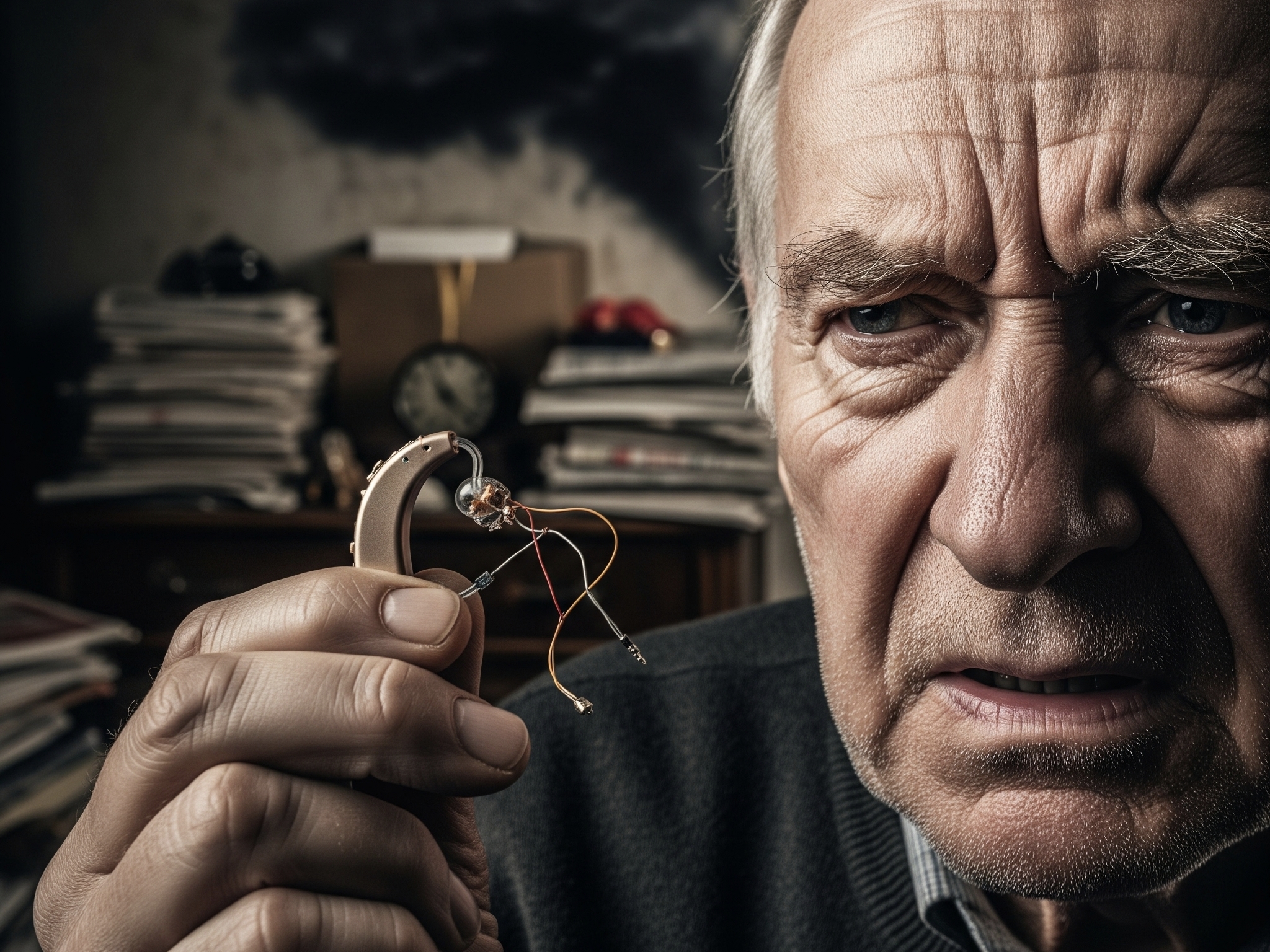For many people, hearing aids are more than just devices they’re a lifeline to communication, relationships, and everyday experiences. They help restore clarity, confidence, and connection in a world where hearing loss can create isolation. But like any sophisticated technology, hearing aids need regular care and maintenance to function properly.
Unfortunately, many wearers overlook this essential step. They buy hearing aids, start using them, and then neglect routine servicing. While it might seem harmless at first, skipping hearing aid service can create a chain reaction of issues that affect not only the device but also your long-term hearing health and overall well-being.
In this blog, we’ll explore why hearing aid servicing matters, the potential consequences of neglect, and how regular maintenance can save you money, time, and stress in the long run.
Why Hearing Aid Service Matters
Hearing aids are small, powerful devices packed with advanced technology. They’re exposed daily to earwax, moisture, skin oils, and environmental factors like dust or humidity. Over time, these elements can cause performance issues if not properly cleaned and checked, which is why regular professional service of hearing aids is essential to keep them working at their best.
Regular service appointments are designed to:
- Ensure your hearing aids are working at peak performance.
- Catch small issues before they turn into costly repairs.
- Adjust settings as your hearing needs change.
- Extend the life of your devices.
Think of hearing aid service like routine car maintenance you wouldn’t drive thousands of miles without an oil change. Likewise, hearing aids need care to keep you “running” smoothly.
The Risks of Skipping Hearing Aid Service
1. Reduced Device Performance
Hearing aids can become clogged with wax or debris, causing sound distortion or muffling. Skipping service means you may experience poor sound quality, making conversations harder to follow.
2. Shortened Device Lifespan
Neglecting maintenance can wear down components faster, leading to costly repairs or even premature replacement of your hearing aids. What could have been a simple fix may turn into a major expense.
3. Increased Hearing Challenges
As hearing loss progresses, hearing aid settings often need adjustment. Without regular check-ins, you may find your devices no longer meet your needs—causing you to miss out on important conversations or sounds.
4. Risk of Social Isolation
When hearing aids don’t work properly, many people stop wearing them altogether. This can lead to frustration, withdrawal from social situations, and even feelings of isolation.
5. Potential Cognitive Decline
Research has linked untreated or poorly managed hearing loss to an increased risk of cognitive decline and dementia. Skipping hearing aid service may reduce your brain’s access to sound stimulation, impacting memory and mental sharpness.
6. Emotional and Relationship Strain
Struggling to hear can create tension in relationships, as loved ones may feel ignored or frustrated by repeated communication challenges. Properly serviced hearing aids help reduce these barriers.
The Hidden Costs of Neglect
Many people think they’re saving time or money by skipping hearing aid service. In reality, neglect often leads to greater expenses:
- Costly repairs from preventable damage
- Replacement devices purchased earlier than expected
- Medical expenses related to untreated hearing loss, such as stress or cognitive decline
- Lost quality of life from reduced hearing ability
In short, the price of neglect is far greater than the small investment in regular maintenance.
How Often Should Hearing Aids Be Serviced?
Most hearing care professional recommend professional servicing every six months to one year, depending on the device and individual lifestyle. However, you should also perform simple at-home maintenance regularly, such as cleaning the earpieces, changing wax guards, and storing devices in a dry environment.
During a professional service, your provider may:
- Clean internal and external components
- Replace tubing, domes, or filters
- Update software or adjust programming
- Test performance with your current hearing levels
This proactive care helps ensure your hearing aids continue to deliver clear, reliable sound.
The Role of the Hearing Care Professional
A hearing care professional is more than just a technician they’re your partner in hearing health. By scheduling regular service, you gain access to:
- Expert troubleshooting and problem-solving
- Adjustments tailored to your evolving hearing needs
- Education on proper device care and usage
- Peace of mind knowing your investment is protected
Neglecting these appointments means missing out on professional support that can make a big difference in your everyday hearing experience.
Tips to Protect Your Hearing Aids Between Services
- Clean them daily with a soft cloth and proper tools.
- Change filters and wax guards as needed.
- Store them in a dry case to prevent moisture damage.
- Avoid exposing them to hairspray, perfume, or sweat whenever possible.
- Handle them gently to avoid drops or physical damage.
These habits, combined with professional servicing, can keep your devices performing at their best.
Final Thoughts
Hearing aids are a significant investment in your health, independence, and quality of life. Skipping service may seem minor, but it can lead to reduced performance, costly repairs, emotional strain, and even long-term health risks.
The cost of neglect is simply too high. By committing to regular hearing aid service, you’re protecting not just your devices but also your ability to stay connected, engaged, and mentally sharp.
Don’t wait until problems appear take a proactive approach to hearing health. With consistent maintenance and support from a trusted hearing care professional, your hearing aids can continue to enrich your life for years to come.





